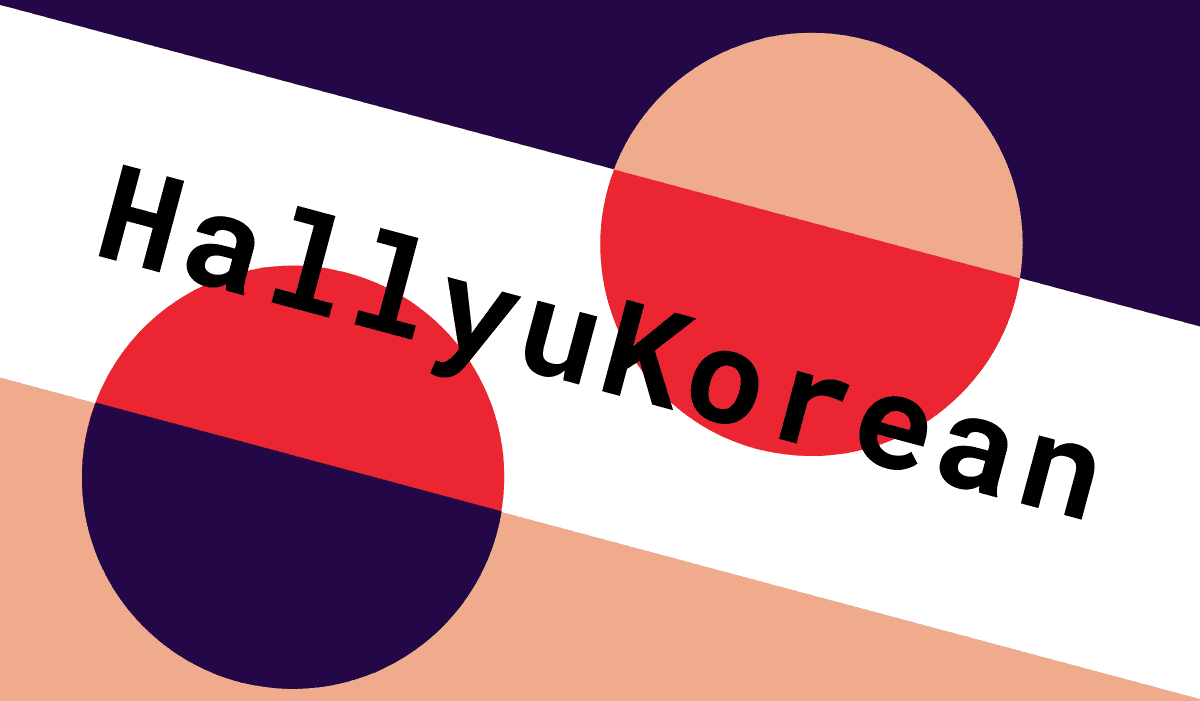Welcome back. This is the 13th post in the series of 1000 Korean words for everyday use by analyzing the word frequency of more than 1,000 episodes of Korean dramas.
Today, let’s explore the meaning and context of 5 key Korean words “또, 가지다, 듣다, 들어가다, 이제” with sample sentences.
Click the play button below to listen to all the words and sample sentences in this post.
Basic Korean words : 또, 가지다, 듣다, 들어가다, 이제
61. 또 [tto] – again, too
– 또 [tto] means “again” or “also”, indicating repetition or inclusion.
– 또한 [tto-han] is a more formal way of saying “also” or “furthermore”.
– 또 is often used in casual conversation, while 또한 is used in more formal contexts.
Example sentences:
또 만나자! Let’s meet again!
이 프로그램은 유용하고 또한 쉬워. This program is useful and easy.
62. 가지다 [ga-ji-da] – to have, to possess
– 가지다 [ga-ji-da] is used to indicate possession or ownership of something.
Example sentences:
저도 이 책을 가지고 있어요. I have this book, too.
63. 듣다 [deut-tta] – to listen, to hear
– 듣다 [deut-tta] is used to express the action of listening or hearing something.
Example sentences:
그 노래를 듣고 싶어요. I want to listen to that song.
64. 들어가다 [deu-leo-ga-da] – to go in, to enter
– 들어가다 [deu-leo-ga-da] is used to indicate the action of entering or going into a place.
– 들어오다 [deu-leo-o-da] is used to express the action of entering a place.
– 들어가다 and 들어오다 are often used in connection with physical movement into a place. They are compound verbs formed by combining “들다” ([deul-da], to enter) with “(어)가다” (to go in) and “(어)오다” (to come in).
Example sentences:
지금은 집으로 들어가야 해요. We have to go to the house now.
들어오세요. Please come in.
65. 이제 [i-je] – now, from now on
– 이제 [i-je] refers to the present moment or the beginning of a new period.
– 이제 is often used to indicate the timing of an action, usually signaling a transition to the present moment or a new phase.
Example sentences:
이제 시작해 볼까요? Shall we start now?
Grammar & Study Resources
Word order is important for understanding English sentences, while particles (e.g. 은/는/이/가/을/를) are important for understanding Korean sentences.
It is important to note that in Korean the verb is at the end of the sentence, which is different from the order in English.
Once you have heard the verb, you need to identify what kind of grammar it uses. For example, is it in the past, present or future tense? Is it a question, a command or a statement?
Even Koreans say “You have to listen to the end to understand Korean” because the verb comes at the end of the sentence and the whole meaning of the sentence can be changed by the verb.

